Fall 2017
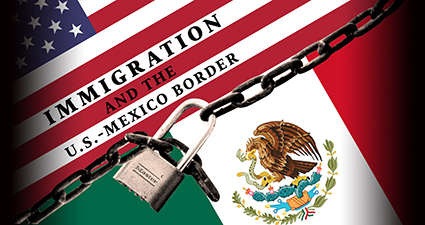
Since the formation of the current U.S.-Mexico border resulting from the Treaty of Guadalupe Hidalgo and the Gadsden Purchase, immigration (both legal and unauthorized) across this border has been a hotly debated political issue. That debate continues today as seen in the rhetoric of last year’s presidential election and the various issues pertaining to the […]
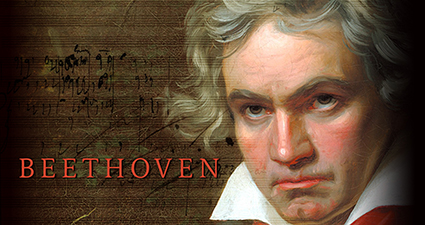
This course surveys the music of Ludwig van Beethoven from the perspectives of different professors at the Fred Fox School of Music. Jay Rosenblatt begins with an overview of Beethoven’s life: his youth in Bonn, the reasons for his move to Vienna, and the outline of his early, middle, and late style periods. He will […]

In the 1920s and 1930s the soulful rhythms of blues and jazz signaled an explosion of African American creativity. During this period, known as the New Negro Movement and later as the Harlem Renaissance, musicians, dancers, visual artists, writers, and scholars sought to define their African heritage in American culture. From just after World War […]

Biology has well-supported insights into how animals make decisions and why they behave the way they do, in contexts from foraging to cooperation. This knowledge is grounded in theory as well as empirical evidence. Generally these insights also apply to humans: humans evolved, and thus their brain as well as their preferences, capabilities, and learning […]
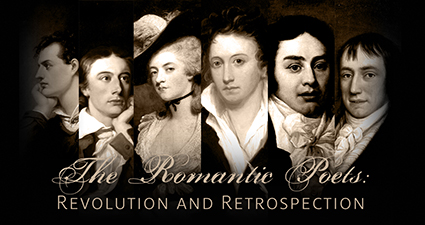
This seminar focuses on the six poets (one recently rediscovered) who most defined English Romanticism in poetry and verse drama between 1798 and 1824. It emphasizes their philosophical, emotional, and stylistic tugs-of-war, despite their quite different politics: first, between proposals for revolutions in social organization and how individuals relate to the wider world (they all […]
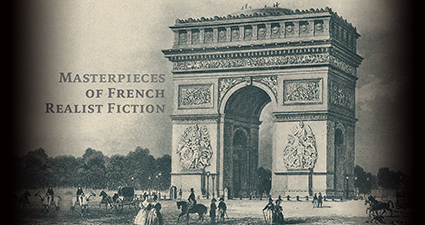
This seminar examines the relations between culture and power in nineteenth-century France through the study of masterpieces of realist fiction. The realist novel is a cultural artefact specific to the nineteenth century, a genre born with the modern democratic nation-state at a time when (relative) freedom of expression allowed for the emergence of a public […]
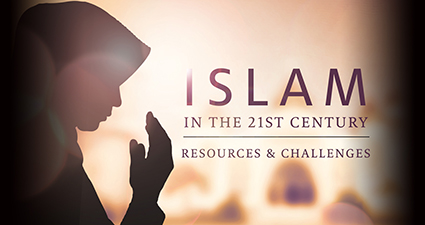
This course explores Islam and Muslim societies in the contemporary period. It begins by focusing on the fundamentals of Islam, such as the life of Muhammad, the Qur’an, law, and theology. The topics we will discuss include opportunities for Muslims in the United States, Islamic spirituality (including Sufism), and successful Muslim-majority countries, such as Indonesia. […]
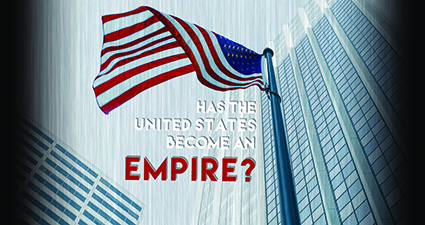
U.S. intervention in underdeveloped countries raises many basic issues of international relations and foreign policy. The main purpose of this class is to provide students with an ability to examine such issues critically and in a historical context. Among the general areas we will look at are: the historical background that led to the emergence […]
